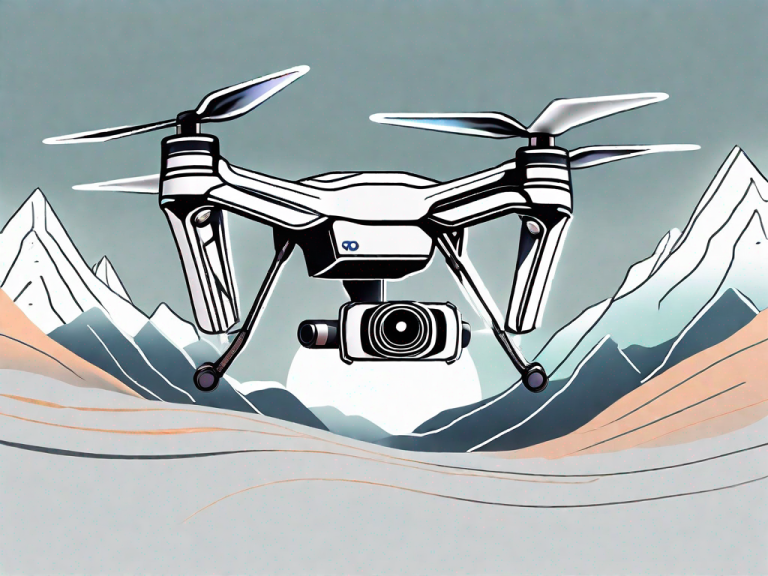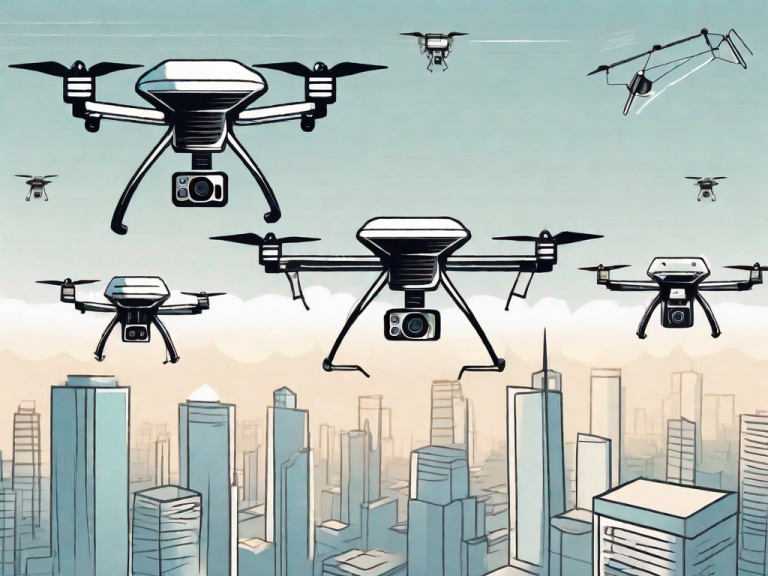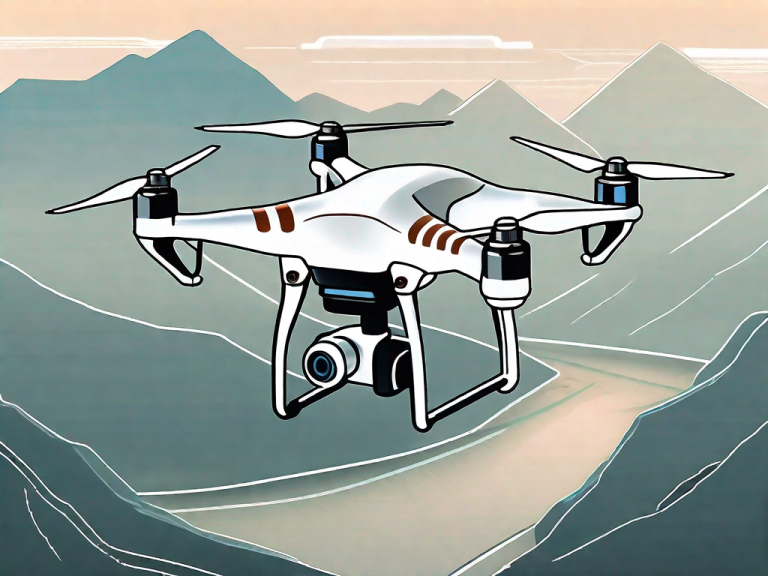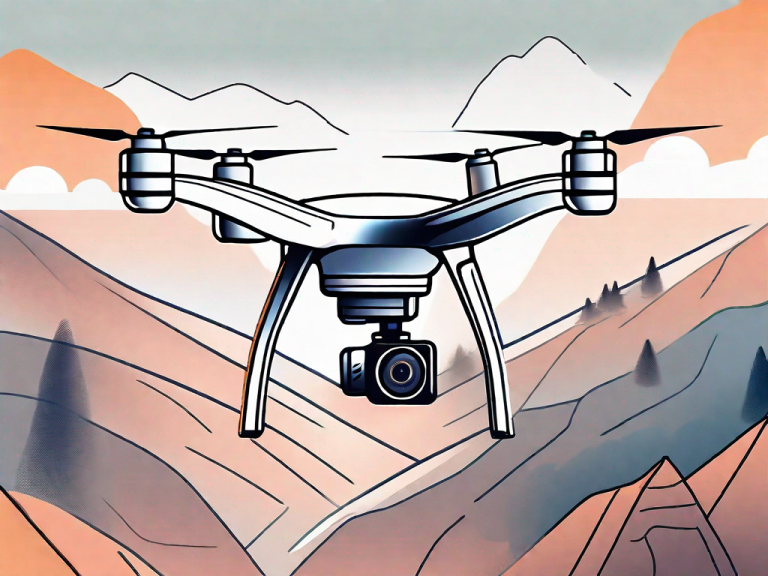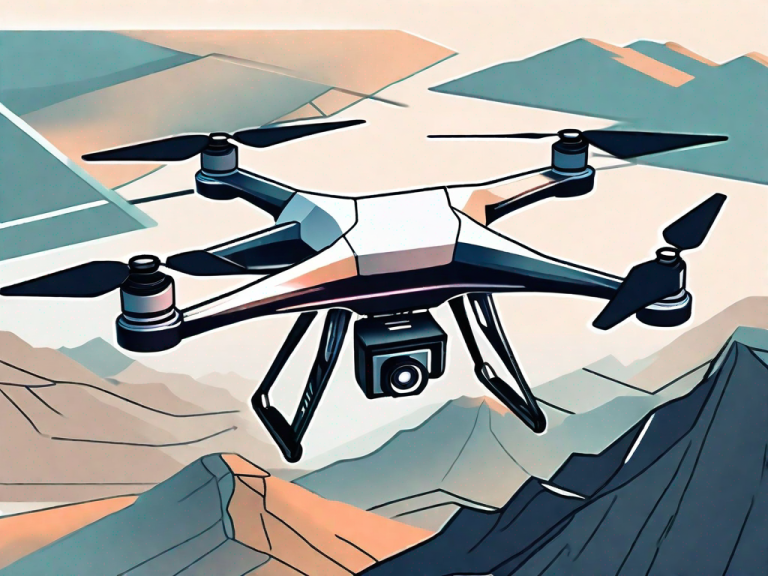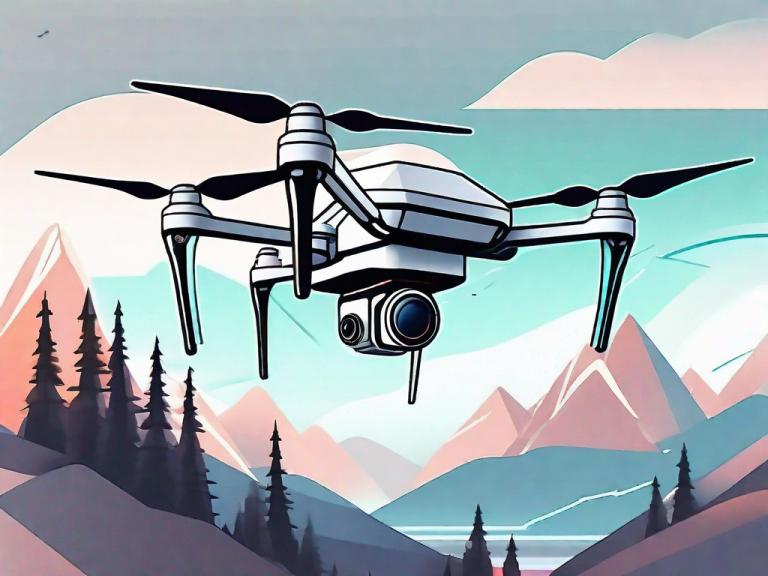When it comes to food photography, having the right camera can make all the difference in capturing mouthwatering images that truly showcase the deliciousness of the dishes. Fuji cameras have gained a reputation for being ideal tools for food photography, thanks to their exceptional image quality, user-friendly features, and versatility. In this article, we will explore why Fuji cameras are the top choice for food photographers and provide a detailed guide on selecting the best Fuji camera for your food photography needs.
Why Fuji Cameras Are Ideal for Food Photography
Fuji cameras have become a favorite among food photographers for several reasons. One of the standout features of Fuji cameras is their exceptional image quality. The X-Trans CMOS sensor, combined with Fuji’s legendary color science, produces stunningly detailed and vibrant images that capture the essence of every dish. This sensor technology also minimizes noise, even in low light situations, ensuring that your food photos remain sharp and clean.
Another reason why Fuji cameras excel in food photography is their extensive range of lenses. Fuji offers a wide selection of high-quality lenses that cater specifically to the needs of food photographers. From macro lenses for capturing intricate details to versatile zoom lenses for capturing the ambiance of a restaurant, Fuji has you covered.
Additionally, Fuji’s cameras are known for their intuitive controls and user-friendly interface. Navigating through the camera’s menu is a breeze, allowing you to quickly adjust settings such as aperture, shutter speed, and white balance. This ease of use saves you time and enables you to focus on capturing beautiful images of your delectable creations.
Furthermore, Fuji cameras are designed with the needs of food photographers in mind. They often feature specialized shooting modes and settings that are specifically tailored for capturing food. These modes optimize the camera’s settings to enhance the colors, textures, and details of the food, resulting in mouthwatering images that truly showcase the culinary artistry.
In addition to their technical capabilities, Fuji cameras also offer a range of practical features that make them ideal for food photography. Many models have a tilting or articulating LCD screen, allowing you to easily compose your shots from various angles, including overhead shots of plated dishes. This flexibility in positioning helps you capture unique perspectives and adds visual interest to your photographs.
Understanding the Importance of Choosing the Right Camera for Food Photography
Choosing the right camera for food photography is crucial in achieving professional-looking results. As a food photographer, you want to capture the colors, textures, and intricate details of every dish. The camera you choose should have the necessary features and capabilities to bring your culinary creations to life through stunning imagery.
One important consideration is the sensor size. Fuji cameras feature APS-C sensors, which strike a balance between image quality and portability. These sensors offer excellent low light performance and dynamic range, allowing you to capture the fine nuances of light and shadow in your food photos.
Another factor to consider when selecting a camera is the lens selection. Fuji’s lineup of lenses is extensive, providing you with options to suit your style and shooting preferences. For food photography, consider investing in a macro lens for capturing intricate details, a wide-angle lens for capturing the entire scene, or a versatile zoom lens for flexibility in composition.
Finally, it’s important to consider the camera’s usability and features. Look for a camera that allows you to easily adjust settings, such as aperture and shutter speed, and provides customizable controls for quick access to frequently used functions. Additionally, features like image stabilization and a tilting LCD screen can greatly enhance your shooting experience and enable you to capture unique angles and perspectives.
When choosing a camera for food photography, it’s also worth considering the camera’s ability to shoot in RAW format. RAW files contain unprocessed data captured by the camera’s sensor, allowing for greater flexibility in post-processing. This means you can adjust the white balance, exposure, and other settings without sacrificing image quality. Shooting in RAW format gives you more control over the final look of your food photos and allows for more detailed editing.
Key Features to Consider When Selecting a Fuji Camera for Food Photography
When selecting a Fuji camera specifically for food photography, there are several key features that you should pay attention to:
1. Sensor Technology: Look for a camera with an X-Trans CMOS sensor for excellent image quality, low noise performance, and accurate colors.
2. Lenses: Consider the available lens selection and choose according to your shooting style and preferences. Macro lenses are especially useful for capturing food details.
3. Usability: Ensure that the camera has an intuitive interface, easily accessible controls, and customizable settings to streamline your shooting process.
4. Image Stabilization: Look for in-body or lens-based image stabilization to minimize blur caused by camera shake, particularly when shooting in low light conditions.
5. Tilting LCD Screen: A tilting LCD screen can be immensely useful for shooting at different angles, allowing you to maintain an optimal viewing position while capturing your delicious dishes.
By considering these features, you can confidently select the best Fuji camera that meets your specific needs as a food photographer.
6. Connectivity Options: Consider the camera’s connectivity options, such as Wi-Fi or Bluetooth, which allow for easy transfer of photos to your smartphone or tablet. This can be particularly useful for quickly sharing your mouthwatering food images on social media platforms or with clients.
Top Picks: Fuji Cameras That Excel in Food Photography
The Fuji camera lineup offers numerous options that are well-suited for food photography. Here are some top picks that excel in this genre:
- Fuji X-T4: This flagship mirrorless camera boasts a 26.1-megapixel X-Trans CMOS sensor and advanced image stabilization, making it a versatile choice for capturing stunning food photos.
- Fuji X-T3: With its 26.1-megapixel sensor and impressive autofocus capabilities, the X-T3 offers exceptional image quality and speedy performance, ideal for photographing mouthwatering dishes.
- Fuji X100V: This compact camera features a fixed 23mm lens, perfect for capturing close-up shots of delectable food. The 26.1-megapixel sensor and hybrid viewfinder add to its appeal for food photographers.
- Fuji GFX 50R: If you’re looking for ultimate image quality and resolution, the GFX 50R’s medium format sensor and 51.4 megapixels deliver outstanding detail and clarity, ensuring your food photos leave a lasting impression.
These are just a few examples of the many excellent Fuji cameras available. Each model offers its own unique set of features, so be sure to compare them closely to find the best fit for your style of food photography.
When it comes to food photography, lighting plays a crucial role in capturing the colors and textures of the dishes. Fuji cameras are known for their excellent low-light performance, allowing you to achieve stunning results even in dimly lit restaurants or indoor settings.
In addition to their impressive image quality, Fuji cameras also offer a range of creative features that can enhance your food photography. Many models come with film simulation modes, which replicate the look of classic Fuji film stocks, adding a unique aesthetic to your images. Furthermore, the intuitive controls and customizable settings of Fuji cameras make it easy to adjust settings on the fly, ensuring you capture the perfect shot every time.




